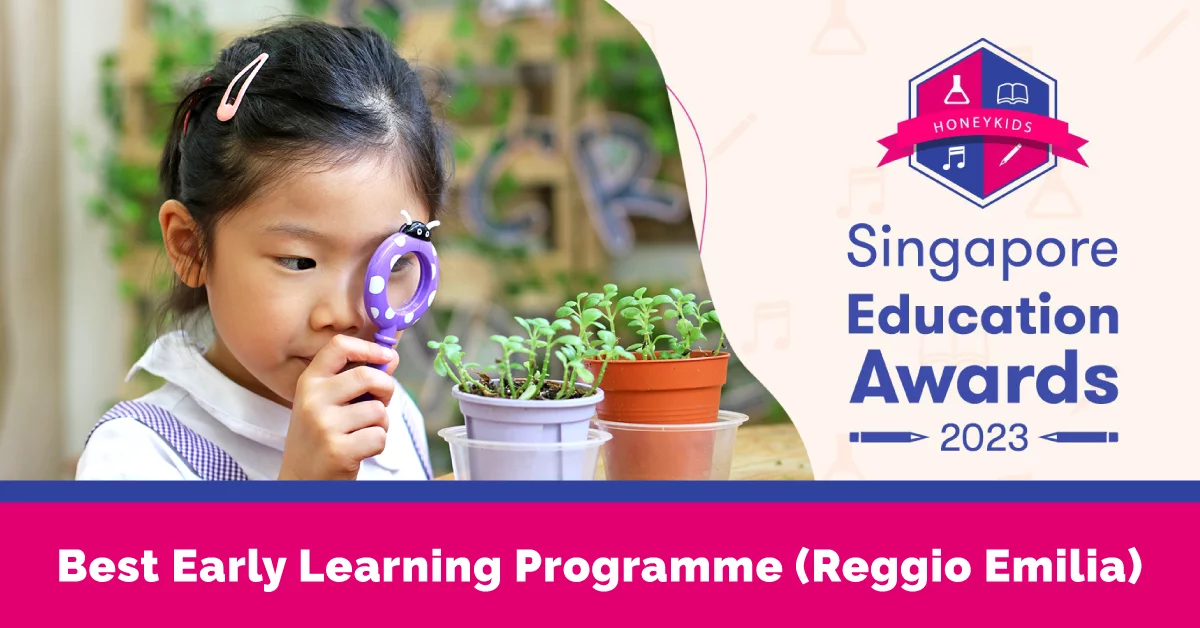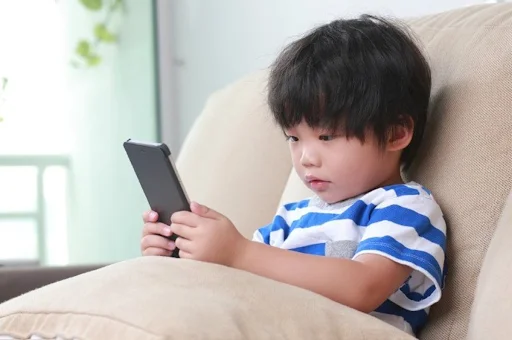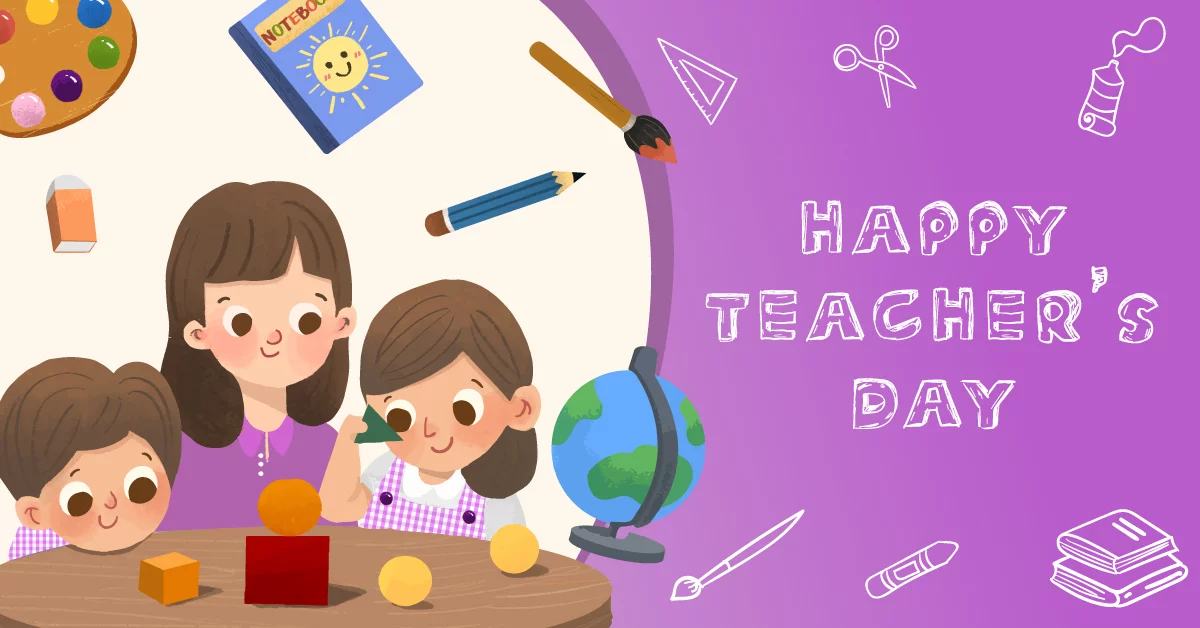
4 Consequences of Allowing Too Much Screen Time
4 Consequences of Allowing Too Much Screen Time
1. Disruptive Cognitive Ability
2. Poor Sleep
3. Delayed Learning
4. Weakened Social Skills
Experts have cited our Infant & Toddler Programme “Experiential Learning” as one of the most fascinating, interesting, and efficient ways to learn new concepts. Experiential Learning is used as the primary approach for infants and toddlers in Mulberry Learning’s infant care programme, allowing them to grow and learn through their reflections and experiences. As they move through our exquisitely designed learning spaces and learn how to play with vintage toys, musical instruments, and textural materials, kids are encouraged to be expressive mini-explorers.
Mulberry School Tour
Our Locations
Click here to visit our Contact Us page and view the preschool/infant care centres conveniently located near you.
CONNECT WITH US
USEFUL LINKS
About Us
Mulberry Learning prides itself on making the preschool experience both memorable and enjoyable while transforming a child into a competent explorer, an imaginative thinker, and a creative problem solver. Through our proprietary award-winning curriculum, unique Habits of Mind programme and dedicated staff who are passionate about imparting positive attitudes, Mulberry Learning holds strong in its promise to deliver a holistic education that nurtures the Future Ready Child.
A PREMIUM PRESCHOOL BRAND UNDER GLOBAL EDUHUB








